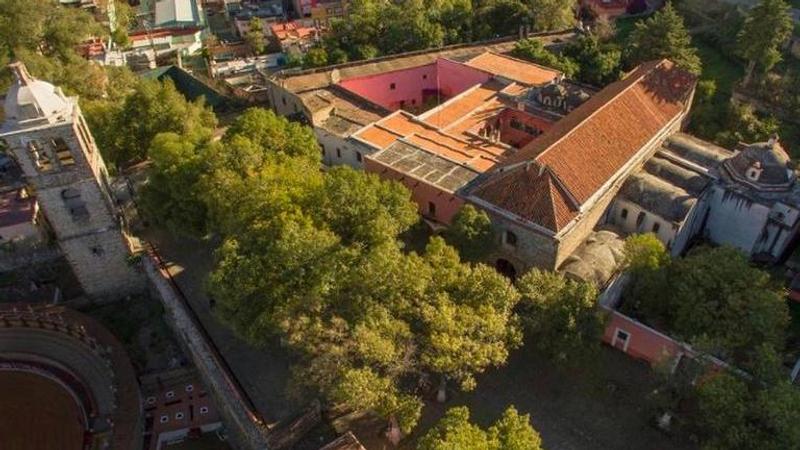Published 06:08 IST, July 28th 2021
Mexico's Tlaxcala Cathedral, India's Dholavira city wins UNESCO World Heritage Site status
UNESCO declared Mexico's Tlaxcala Cathedral and the ancient city of Dholavira in India as a World Heritage Site. Read on for more details.

World Heritage Committee on Tuesday listed a cathedral and monastery in Mexico as a World Heritage site. This is where Franciscan missionaries to New Spain converted the indigenous population into Christianity. Located in the city of Oaxaca de Juarez, Oaxaca, Mexico, Our Lady of the Assumption was the seat of the Roman Catholic Archdiocese of Antequera. During the early stages of Spanish colonization of the Americas, the cathedral was the center stage of evangelism, UNESCO stated in a release on July 27.
“The Franciscan Ensemble of the Monastery and Cathedral of Our Lady of the Assumption is part of the first construction programme launched 1524 for the evangelization and colonization of the northern territories of Mexico,” UNESCO said.
The ensemble of Our Lady of the Assumption is one of the first five monasteries established by Franciscan, Dominican, and Augustinian friars, according to UNESCO, of which, one of three have still been standing. The other two, meanwhile, were already inscribed on the World Heritage List for many years. “The Tlaxcala ensemble of buildings provides an example of the architectural model and spatial solutions developed in response to a new cultural context,” said UNESCO, adding that the integrated local elements of the cathedral created wide spaces, such as atria and capilla posa chapels.
The structure comprises a free-standing tower and a wooden mudéjar, two features exclusive to the Our Lady of the Assumption which is not found “ in the other monasteries already inscribed on the World Heritage List as part of the serial property.” The site influenced both urban development and monastic buildings until the 18th century.
India's city of Dholavira declared as a 'World Heritage Site'
UNESCO also declared the ancient city of Dholavira, the southern center of the Harappan Civilization in India as a World Heritage Site. This unique structure sat on the arid island of Khadir in the State of Gujarat. “Occupied between ca. 3000-1500 BCE, the archaeological site, one of the best-preserved urban settlements from the period in Southeast Asia, comprises a fortified city and a cemetery,” the agency informed.
At least two seasonal streams provide for water, which is a scarce resource in the region, it added. The walled city comprises a heavily fortified castle and ceremonial ground as well as streets and houses of different proportions quality. It flaunts a sophisticated water management system that demonstrates the ingenuity of the Dholavira people to survive in harsh climatic conditions.
“Bead processing workshops and artifacts of various kinds such as copper, shell, stone, jewelry of semi-precious stones, terracotta, gold, ivory, and other materials have been found during archaeological excavations of the site exhibiting the culture’s artistic and technological achievements,” said UNESCO.
Updated 06:08 IST, July 28th 2021





